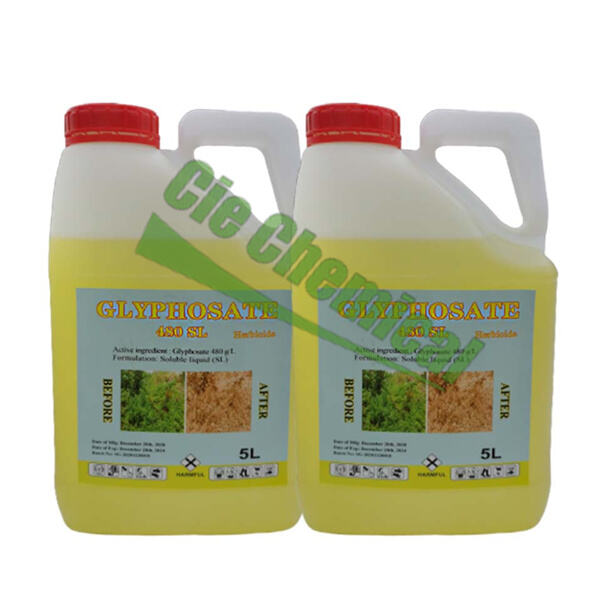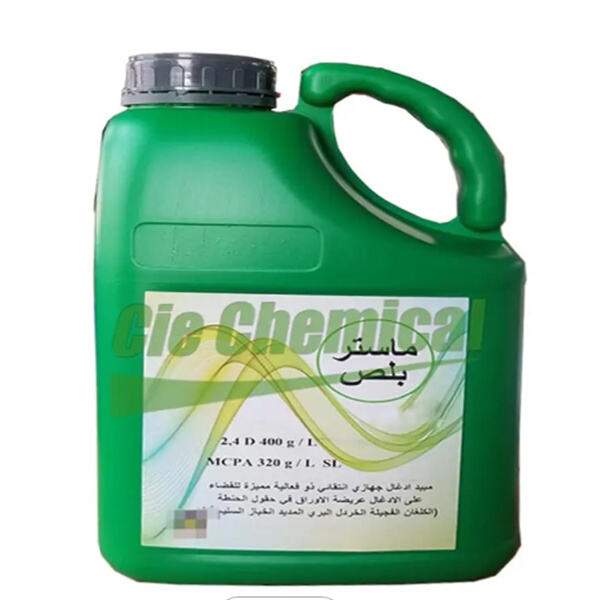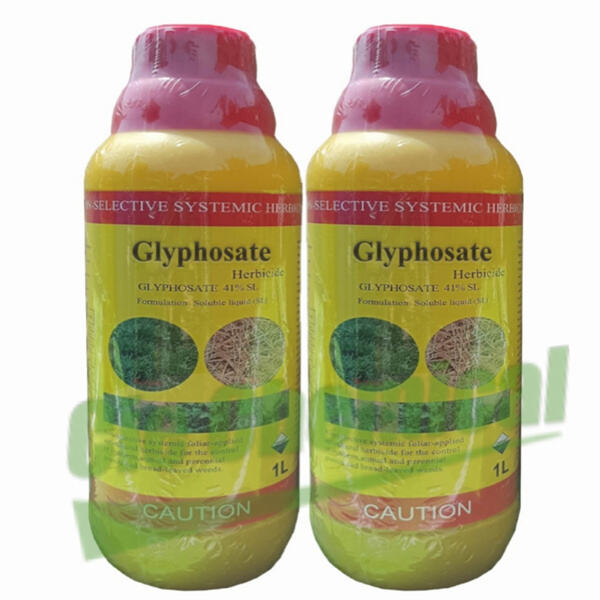Now let us get some details regarding two types of herbicides, which are selective and non-selective herbicides. Herbicide is a type of chemical that kills unwanted plants, commonly referred to as weeds. Things like weeds can grow super fast and spread over areas that we want our good plants (flowers, vegetables) to seed. So this is where herbicides become handy tools to be used by farmers and gardeners.
Selective herbicides are designed to act against only certain plants. They are able to kill some weeds without doing damage to all plants. For instance, a particular herbicide will kill broadleaf weeds (which has broad leaves) but it won’t kill grass (it has long and narrow leafs), this type is called selective. This is extremely beneficial to farmers or gardeners as it helps them eliminate the troublesome weeds and keep their good plants unaffected.
Then there are the non-selective herbicides when it comes time to talk about targeting. Such herbicides are extremely potent and will destroy any vegetation it comes in contact with. An example of one is glyphosate, which is a systemic, non-selective herbicide that will kill both the weeds you want to remove and any plants you want to keep alive. That can be dangerous if you're not cautious when using it since it'll hurt your nice plants too.
A lot of advantages, or good points, of selective herbicides. One big benefit is that they are more environmentally friendly. Because they only target certain types of plants, they are not a danger to the plants and animals we want to protect. This means less risk in gardens and farms. Moreover, some types of weeds can be quite susceptible to selective herbicides. Non-selective herbicides (ones that kill absolutely everything in your garden) can sometimes be a better solution, but then again, some weeds just remain unharmed!

Non-selective herbicides such as glyphosate are more versatile, in that, they will kill any plant they contact. They are fast, though, and can quickly wipe out whole swaths of vegetation. This is particularly handy for larger jobs, like clearing forests, or large fields. Nevertheless, we should take into account that they are very harmful to nature and surrounding natural wildlife as well so such places must be used with utmost kind of care.

The choice of selective or non-selective herbicide boils down to what exactly you need. Selective Herbicides — If the issue is small with only a few types of weeds, a selective herbicide may be your best solution. It will allow you to target only those weeds without damaging your healthy plants. However, if your garden is a vast jungle of weeds then you might want to use something non-selective.

Here we told you the selective herbicides which are too useful but have disadvantages / cons. The main problem with them is they typically only work for certain types of weeds. In some circumstances, the weeds develop resistance to particular herbicide classes. Now if you follow a single herbicide for instant years, these types of of the weeds will be left in their root form, and the next time around many food products will go up just like they utilized to without reduced influence from your natural herb destructive.
CIE is a world leader in technical and agrochemicals. We are focused on researching and developing new chemicals and products for customers around the world.In the early years of the 21st century, the factory solely focused on local brands. We began exploring markets outside of the United States after several years of expansion, including Argentina, Brazil Suriname Paraguay Peru, selective and non selective herbicide and South Asia. By 2024, we have established business relationships with partners from more than 39 countries. We also will be dedicated to bringing our products of high quality to countries that are not yet in our list of.
Shanghai Xinyi Chemical Co., Ltd. It was founded on November 28 2013, 2013. selective and non selective herbicide has focused on exports of chemical products for over 30 years. In the meantime, we will be committed to providing more high-quality chemicals to more countries. In addition, our facility is able to produce an annual capacity of about 100,000 tonnes and acetochlor approximately 5,000 tons. We also work with multinational companies in producing paraquat, imidacloprid and various other products. Therefore, our quality is world-class. Currently, the dosage forms we can produce include SL, SC, OSC, OD, EC, EW, ULV, WDG, WSG, SG, G, etc. In addition, our RD department is always committed to the development of new formulas to produce some mixed chemicals that meet the market requirements. We always consider it our responsibility. We also provide GLP for certain products.
1. Pesticides increase output: Pesticides are effective in controlling pests, diseases and weeds. They can reduce pest numbers and improves yields.2. Save labor and time: The use of pesticides can reduce the amount of labor required by farmers and their time costs and effectively improve agricultural productivity efficiency.3. Guarantee economic benefits: Pesticides can prevent AIDS as well as ensure the harvest, and be used in selective and non selective herbicide production that has brought huge economic advantages.4. Control food quality and safety: Pesticides can ensure the quality and safety of food products and grains to prevent occurrence of epidemics and protect people's health.
Our pesticides are compliant with the national norms and regulations. Make sure that the selective and non selective herbicide and reliability of product quality.1. Consultation prior to purchase: We provide customers with professional pre-sales consulting services that will help them with questions regarding dosage, usage storage, and other aspects of clothing and medicine. Customers can contact us by phone, email or online prior to making purchases.2. After-sales training: We frequently conduct pesticide training which will cover the proper use of pesticides, precautions or measures to protect yourself and more., to improve customers' pesticide use skills and safety awareness.1/33. After-sales Return Visits: We will periodically conduct after-sales visits to clients to determine their needs, satisfaction, and gather their opinions and ideas, and continuously improve our services.